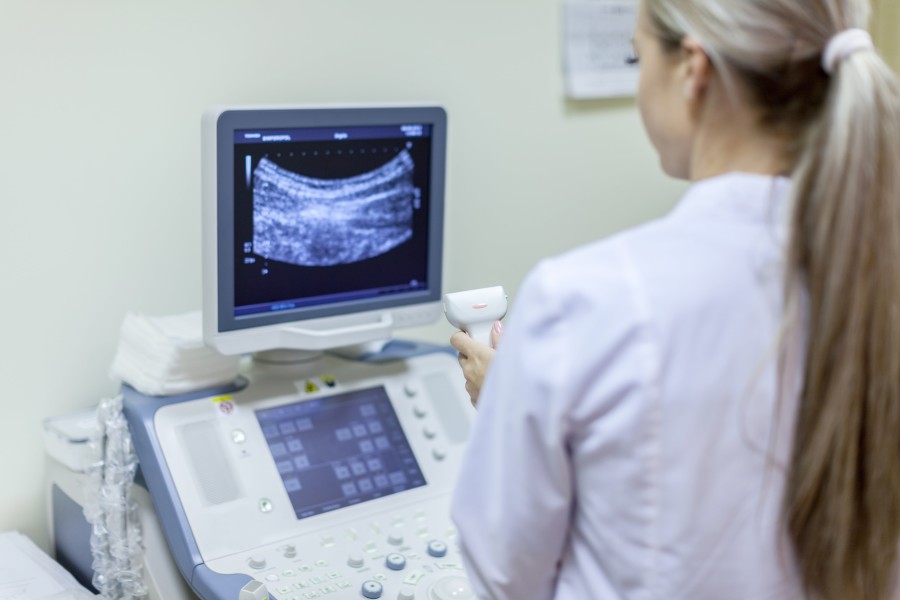Are they necessary?
Ultrasounds are an integral part of obstetric care and provide important information about your developing baby and your womb. Ultrasounds are often used with other tests such as amniocentesis or triple tests to confirm a diagnosis. There is not a recommended number of ultrasounds that should be given during pregnancy. However, sometimes they are needed for medical reasons.
In the first trimester this includes:
- Confirming the presence of a heart beat
- Estimation of your due date
- Confirmation of whether the pregnancy is in the uterus and not somewhere like the fallopian tube
- Measurement of the crown-rump length (gestational age)
In the second trimester this includes:
- Diagnosing fetal malformations
- Confirmation of intrauterine death
- Diagnosing Down’s syndrome (weeks 13-14)
- Diagnosing congenital conditions, such as congenital heart defects (weeks 18-20)
- Identification of excessive or reduced levels of amniotic fluid
- Verification of your baby’s growth
In the third trimester this includes:
- Confirmation of intrauterine death
- Determining what position your baby is in and what their movements are like
- The health of your placenta and where it is located
- Identification of uterine or pelvic abnormalities of the mother
- Verification of your baby’s growth
What are they?
Ultrasound images are made from high-frequency sound waves which are able to travel through your skin and bounce off targeted organs in your body. The ultrasound waves are detected by a scanning device called a transducer or ultrasound probe. Ultrasound probes can take the form of an intravaginal wand, used more often in early pregnancy, or a probe which is placed on your abdomen and which is used more often in the second and third trimesters.
Are they safe?
Although there is a lot of misinformation out there on the internet that would have you believe otherwise, diagnostic ultrasounds, which have been used to monitor pregnancies for a long time, are considered to be safe by physicians.
In an extensive review of the evidence regarding safety, the World Health Organization (WHO) found that ultrasound exposure was not associated with adverse maternal or perinatal outcomes, impaired neurological or physical development, increased risk of childhood cancer, intellectual disability or mental diseases. There was a link between non-right handedness in males and ultrasound exposure but this was considered by the authors to be a weak association and therefore should be viewed cautiously. Consequently, the WHO concluded that “According to the available evidence, exposure to diagnostic ultrasonography during pregnancy appears to be safe”. Another study found no link between ultrasound exposure and risk of autism spectrum disorders.
However, although experts consider ultrasounds to be safe, there is no need to routinely have them or to have them performed for frivolous reasons as it is impossible to rule out the possibility of a risk, no matter how small, of long-term health problems. But there is also no good reason to be scared of ultrasounds, if they are necessary and recommended by your health professional.
Please, feel free to leave your comments in the section below.


